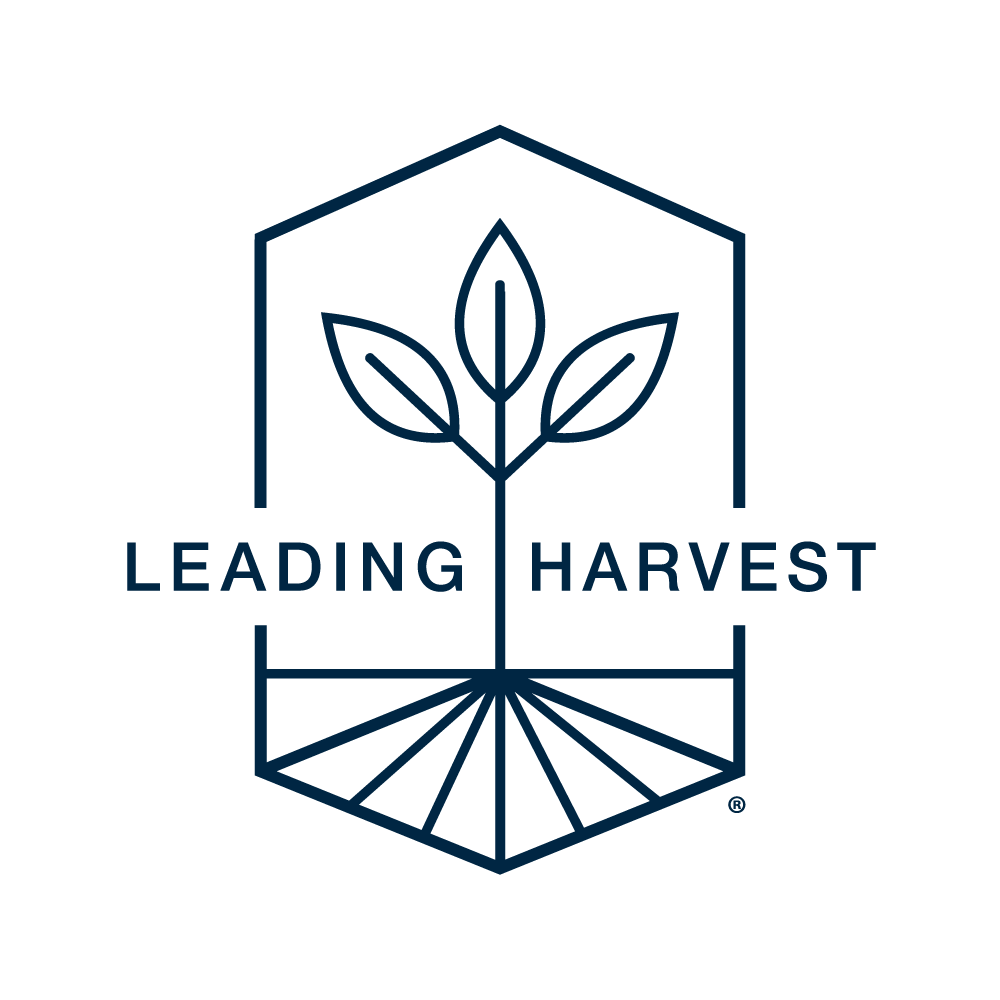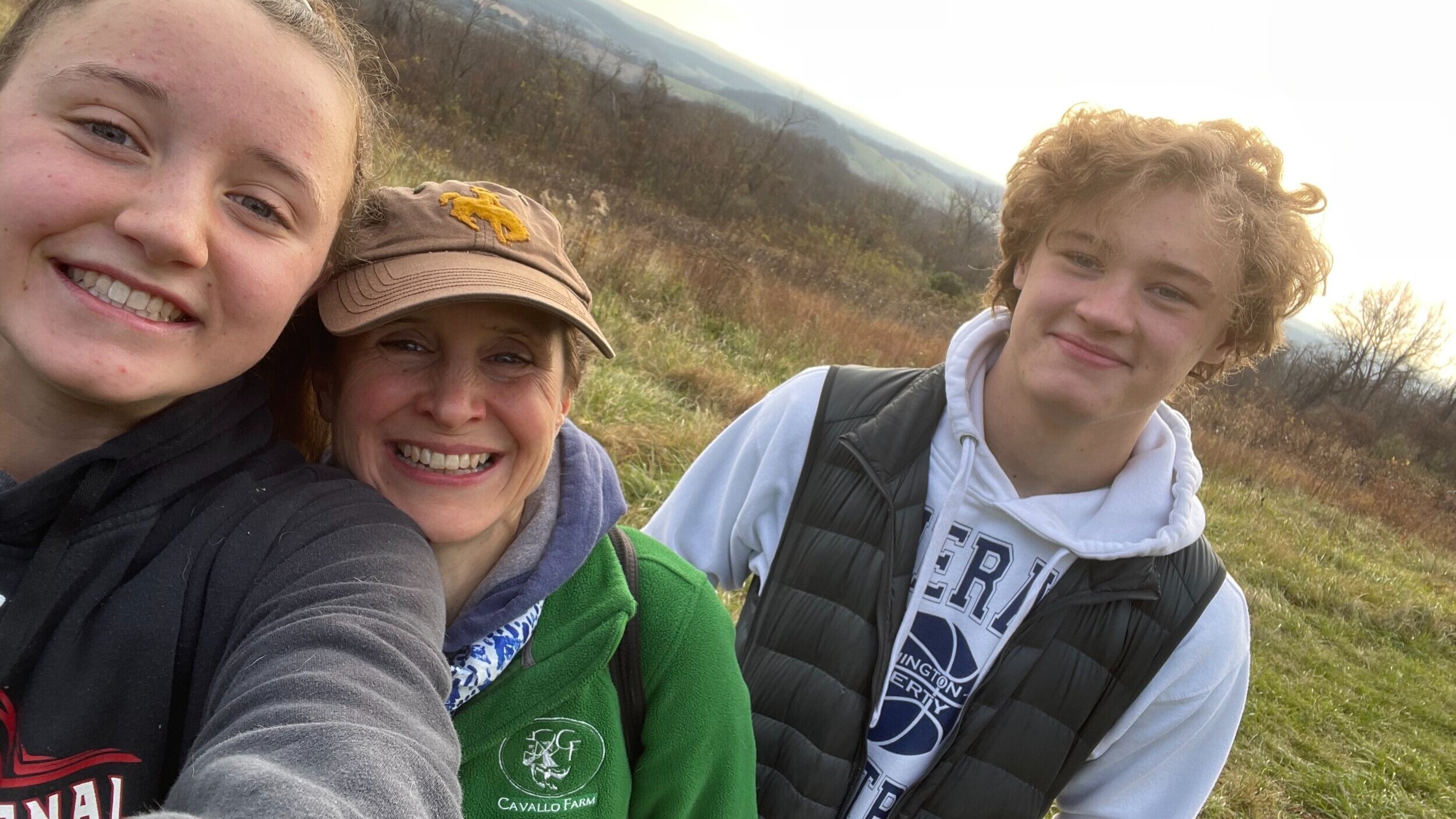
Suzy Friedman
1. How did you become involved in agriculture?
I did not have a background in agriculture before I got to EDF – I had a background in environmental science and policy and had worked at a few different environmental NGOs on a variety of issues. But it was not until I got to EDF and got to work on ag that I found something that really stuck. It was through EDF’s approach to working on ag through science, economics, policy, and collaboration, that I found an issue and an approach that really resonated for me. After starting off working on policy exclusively, I had the opportunity to branch into project development and developing a growing array of collaborations with grower organizations to inform our work and build agricultural programming at EDF.
2. What do you believe is the most pressing agricultural issue the marketplace faces today?
How can agriculture be resilient in the face of climate change amidst scattered marketplace demand? Food companies try to be nimble in meeting consumer demands, which often shifts at a pace that does not sync with agriculture. The agriculture marketplace must try to navigate how to be resilient while meeting misaligned demand interests. In addition, we need to find ways to have the food system really invest in farmers and in agricultural systems to make that resilience happen, because we all depend on it. It is a shared responsibility. Food companies and consumers will have to pay as well.
3. The Standard spans the entire supply chain. If you could trade places with anyone in the agricultural and food system, who would it be and why?
It isn’t easy for anyone in the agricultural supply chain today. That being said, working in the space between food companies and growers in promoting sustainability is of value and exciting. Leading Harvest is in the perfect place and a much needed place.
4. What three words would you use to sum up the future of agriculture?
Sustainable, resilient, and innovative. Otherwise, we’re in big trouble.
5. Before joining NAFO, you worked on the sustainable agriculture platform at EDF for many years where you worked with stakeholders across the agriculture value chain. Can you talk a little bit about the importance of collaboration in furthering ESG outcomes?
Collaboration is everything. I have worked amongst amazing collaborations in my career, from EDF and National Corn Growers Association (NCGA) to IA Soybean Association (Iowa) and Land O’Lakes. Our farmer advisory board has taught me more than any other group has.
6. Based on your experience, what is the value of a universal, outcomes-based approach to certification?
I see enormous value in what an outcomes-based approach has done for forestry, and I am hoping we will see the same value in an agricultural approach. I am confident that the Leading Harvest Standard will provide the market with a certification it really hasn’t had before.
7. Now you have a policy role with NAFO, what is the importance of policy in advancing sustainability outcomes in natural resource management?
Very significant. Policy is so much more than getting a bill passed. It is working with key stakeholders to find what they want to fight for, not just defend against. It helps get stakeholders invested in the process, whether that process is clearing hurdles or creating incentives. Policy is a lot more than knocking on doors at the Capitol.
8. Partnerships between private companies, the forest sector, and environmental and conservation organizations are driving investment in working forests and helping to shape the work of NAFO. How important are supply chain and consumer brand companies in creating effective sustainable agricultural policies?
They have a huge role to play-these are the companies we want to be recognizing their own vested interest in what Leading Harvest is and what it will become. By pushing them to have skin in the game, we can get growers the support and recognition they need to be profitable and successful.
9. As a policy expert working in a dynamic industry, what is the value of a standard which prioritizes ongoing continuous improvement in sustainable management practices?
A Standard which prioritizes continuous improvement gives us a way to evaluate progress while adapting and changing to fit the needs of the marketplace. Continuous improvement monitoring allows us to have a dynamic reporting and support system.
10. Is there anything I didn’t ask you about that you would like to highlight about your work and its intersection with LH mission?
The diverse viewpoints that Leading Harvest has brought to the table since day one is a great benefit. I know Leading Harvest is working hard to continue to prioritize diversity in its advisors. Leading Harvest really stands out from a lot of the other standards, and I hope I can play a role in furthering its success.



